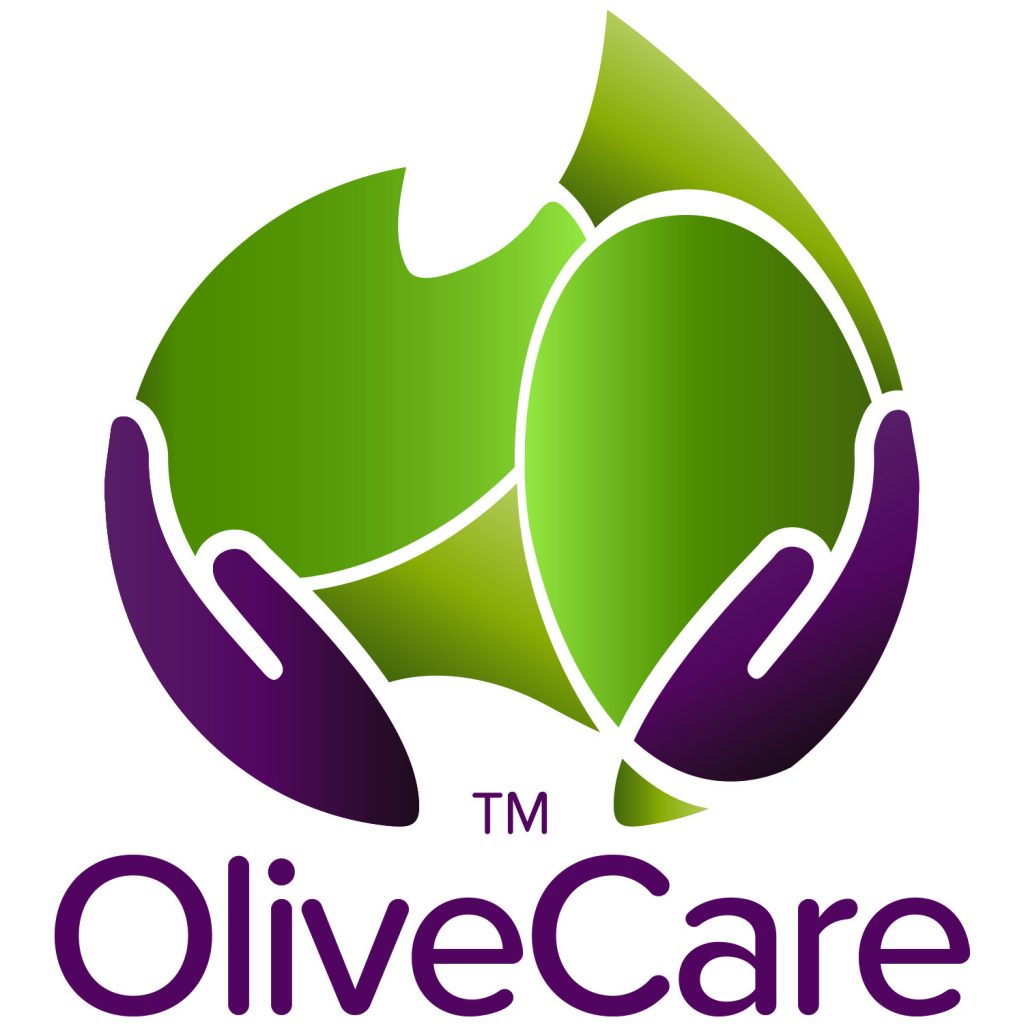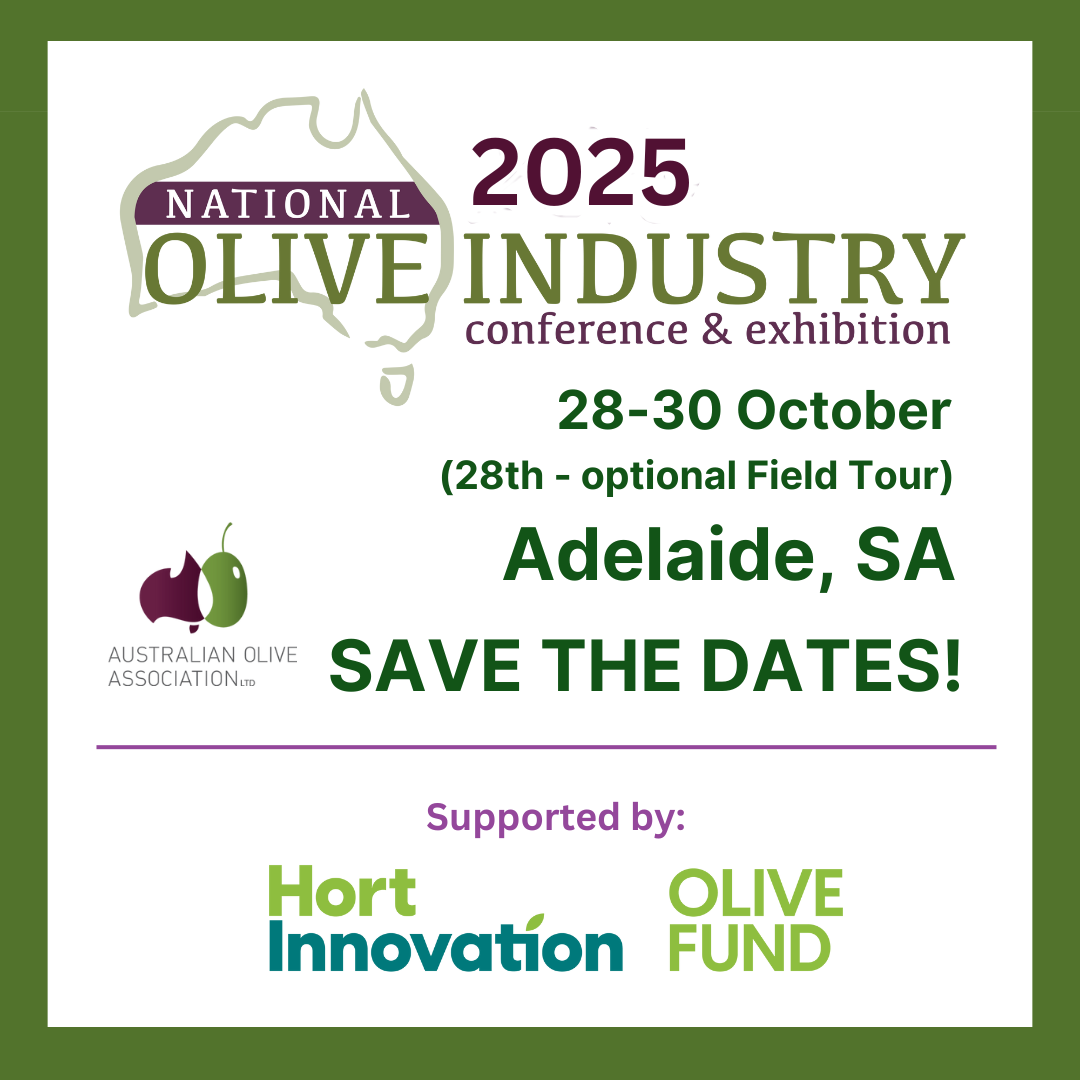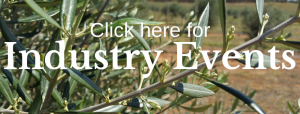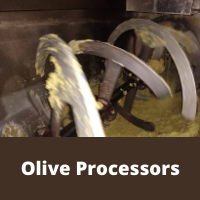 With Peter McFarlane, BAgrSc.(Hons), DipEd: The Australian Olive Association’s OliveCare® Code of Best Practice Administrator, National table Olive Committee Convener, National Biosecurity Representative and National Agri-Chemical Permits Co-ordinator, consulting to the Australian olive industry since 2008.
With Peter McFarlane, BAgrSc.(Hons), DipEd: The Australian Olive Association’s OliveCare® Code of Best Practice Administrator, National table Olive Committee Convener, National Biosecurity Representative and National Agri-Chemical Permits Co-ordinator, consulting to the Australian olive industry since 2008.
This OliveCare® Best Practice webinar series will be of interest and value to all olive growers, processors and marketers of olive products, whether current members of the OliveCare® program or not.
Webinar 3: Table Olives / Olive Paste Production Best Practice – Held 13 July 2021
- Food safety regulations and table olive production in Australia
- The Voluntary Standard for table olives in Australia (12-111)) and OliveCare® product certification – table olives and olive paste
- OliveCare® Food Quality Plans – The major risks to product quality – table olive production best practice checklists
Access PowerPoint presentation here.
Access video recording here.
Webinar 2: EVOO & Flavoured Olive Oil Production Best Practice – Held 29 June 2021.
- AOA product labelling guidelines and Australian Consumer Law
- The Australian Standard (AS5264-2011) and OliveCare® product certification – EVOO and flavoured olive oil
- OliveCare® EVOO Freshness Testing and potential shelf life
- OliveCare® Food Quality Plans – The major risks to product quality – EVOO and flavoured olive oil production best practice checklists
Access PowerPoint presentation here.
Access video recording here.
Webinar 1: Grove Management Best Practice – Held 15 June 2021.
- An introduction to the OliveCare® Best Practice Program
- OliveCare® HACCP Style Food Quality Plans – An Introduction
- OliveCare® HACCP Style Food Quality Plans – On-farm best practice checklists
Access PowerPoint presentation here.
Access video recording here.
Each webinar guides participants through a selection of the following OliveCare® Best Practice ‘Conversations’ that aim to lift grove productivity, achieve product excellence and develop sustainable businesses:
- Grove Establishment Best Practice Checklist, 8 items including nursery plant health status; olive cultivar selection and grove design – for those establishing a new grove or replanting an existing grove.
- Biosecurity Best Practice Checklist, 20 items including nursery plant health status; managing biosecurity risk on-farm, good grove hygiene and monitoring – it pays to be prepared.
- Enterprise Sustainability Best Practice Checklist, 12 items, including managing enterprise risk and benchmarking grove productivity to improve grove profitability.
- Regulatory Compliance Best Practice Checklist, 19 items including being a good employer, COVID-19 compliance, responsible chemical use, food safety and food quality, and Australian consumer law – be a responsible business.
- Environmental & Community Responsibility Best Practice Checklist, 13 items including minimising farm waste, maintaining biodiversity, and contributing to regional communities – build a sustainable future.
- Grove Management Best Practice Checklist, 30 items including soil health and tree nutrition, soil moisture, managing soil salinity, chemical use strategies, canopy management, and harvest management – how to be a leading olive producer.
- Integrated Pest and Disease Management (IPDM) Best Practice Checklist, 23 items including IPDM, cultural management, biological control, physical and mechanical control, use of selective pesticides, and stages of IPDM – achieve effective and responsible use of agri-chemicals.
- Processing Best Practice Checklist, 22 items including EVOO and table olive production.
- Product Quality, Storage & Blending Best Practice Checklist, 12 items including EVOO and table olives – understanding essential elements of olive processing.
- Product Packaging, Labelling & Distribution Best Practice Checklist, 14 items including labelling requirements, transportation, product specifications, retailing and product recall – develop standard operating procedures (SOPs) for finished product packaging and distribution.
 This webinar series is part of the Olive levy project: ‘extending OliveCare to foster excellence in production of Australian olives (OL17006)’, funded by Hort Innovation, using the Hort Innovation olive research and development levy, co-investment from the Australian Olive Association and contributions from the Australian Government.
This webinar series is part of the Olive levy project: ‘extending OliveCare to foster excellence in production of Australian olives (OL17006)’, funded by Hort Innovation, using the Hort Innovation olive research and development levy, co-investment from the Australian Olive Association and contributions from the Australian Government.


